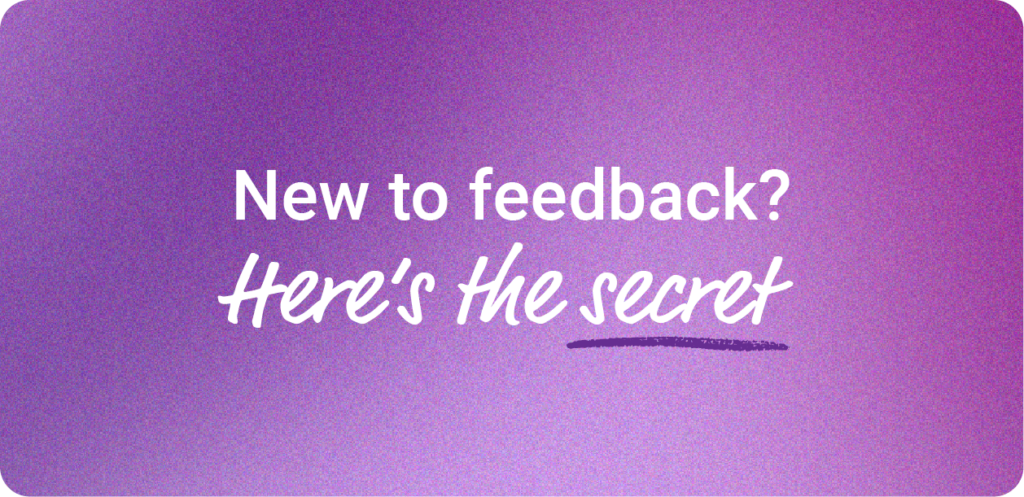We are working in a multigenerational workforce. Our team members have experienced certain events that have changed the way they think and therefore the way they behave and their expectations on others and the workplace.
At Corporate Edge, our team members span across 4 social generations. They are:
- Baby Boomers
- Generation X
- Generation Y
- Generation Z
Working with team members who have differing perspectives, experiences and values may seem like a challenge, but in reality, it is an opportunity to grow the culture and success of an organisation.
To really harness the power that a multi-generational workforce has, you must first understand their psychology and attitudes and how they can work together.
Baby Boomers (born between 1946-1964)
Baby Boomers are a generation born from parents who lived through the Great Depression and the Second World War, with World War One a recent memory from their parents’ stories. The severe economic conditions and scarcity their parents experienced resulted in Baby Boomers raised with a psychology of uncertainty. They followed a philosophy of find a job, work hard, keep your head down and be grateful for what you have. This generation coincided with several societal movements, with the biggest impact on the workforce being the rise of female workers. Although their parents experienced uncertainty, Baby Boomers actually lived through a time of abundance post war. This greatly impacted the next generation, Generation X.
Generation X (born between 1965-1980)
Generation X was born into a completely different world! Their parents experienced abundance as developed economies grew rapidly following the Second World War. Experiencing low unemployment rates, more households with both parents at work and new technologies seemingly making the world smaller, Gen X was raised with a psychology of opportunity. This meant individuals increasingly wanted to travel, be more educated and had a desire to switch jobs and workplaces. In saying this, Gen X retained the strong work ethic prevalent in the Baby Boomer generation, and ‘empowerment’ became the buzzword of the 90s.
Generation Y (born between 1981-1996)
The shift in psychology did not stop there! Children born in this generation experienced the rise of technology, the creation of online social networking platforms, and an economic recession. These events ingrained in Generation Y a psychology of security and connection. Besides valuing financial security, Gen Y made popular the concept of ‘employee engagement’, arguably the single largest indicator of organisational success.
Generation Z (born between 1997-2012)
Generation Z were born into a world ecologically in a mess. Learning from a very young age the need to protect the environment and save the world from environmental disasters like climate change has significantly impacted this generation. The other world they have grown up in is that of inclusivity. This generation is championing the realisation that we don’t all view the world in the same way, that we are not all the same and that we all deserve to live accepted for who we are and what we feel and believe. Therefore, Generation Z have a psychology of social and environmental responsibility.
How can they work together?
Each social generation brings something unique to the workplace. This should be leveraged by all organisations, especially as a new generation enters the workforce. There are specific traits that each generation brings to the table:
- Baby Boomers: hard-working, loyal, independent, knowledgeable, and confident.
- Generation X: self-sufficient, educated, adaptable, inclusive, value work/life balance, and hard-working.
- Generation Y: innovative, collaborative, ambitious, flexible, tech-savy, desire to learn, and task (not time) oriented.
- Generation Z: technological, ambitious, value flexibility, pragmatic, individualistic, and politically and socially active.
All these traits combine to create a diverse, inclusive and thriving workplace. With intellectual diversity comes innovation, engagement, collaboration, learning, high performance and overall organisational success. Read our thought piece on intellectual diversity to understand just how powerful it is.
To truly enhance cross-generational relationships for more successful teams, here’s what organisations should be aiming for:
Internal Mentoring
Everyone has individual experiences that have shaped their work ethic, behaviour, values, and skills. Mentoring is an efficient way of upskilling team members whilst also enhancing relationships at work. Each team member is valued, regardless of their experiences or perspectives, and thus mentoring is a two-way relationship that can work on so many levels, all contributing to the greater good of the organisation.
Here at Corporate Edge, we have an open-door policy for any team member to be mentored or have a conversation with. Just pop time in the diary!
Seek to Understand
Everyone has differing perspectives, that’s what makes us individuals. When in the workplace, we should always seek to understand first and remove judgement. Ask curious questions to uncover the reasons behind ways of thinking so that trust can be built, and relationships can be fostered.
Some questions you may ask are “Help me understand why you see it that way”, and “How do you feel about what happened?”.
Communication
Communication is at the core of an organisation and any relationship. Being able to communicate effectively across generations can lead to alignment and reduce the chance of confusion or rework. Importantly, all communication should be respectful and contain inclusive language. The written word accounts for only 7% of the communicated message, so ensure your body language and tone is consistent and polite.
The majority of relationship breakdowns at work are a result of poor communication. When this happens, we can always turn to giving and seeking constructive feedback that will further enhance trust and psychological safety, whilst providing an opportunity for both parties to learn and grow.
The workforce is changing. The oldest members of Generation Z are just entering the workforce, with McKinsey1 reporting that by 2025 they will make up a quarter of the Asia-Pacific region’s population (the same as Generation Y). Although we can’t predict the future, one thing we know for sure is that there are going to be new generations that bring new ways of thinking and that will add even greater value to workplace cultures.
References
- Kim, A, McInerney, P, Rüdiger Smith, T and Yamakawa, N, 29 June 2020, What Makes Asia-Pacific’s Generation Z Different?, McKinsey & Company, https://www.mckinsey.com/capabilities/growth-marketing-and-sales/our-insights/what-makes-asia-pacifics-generation-z-different, 23 January 2024





